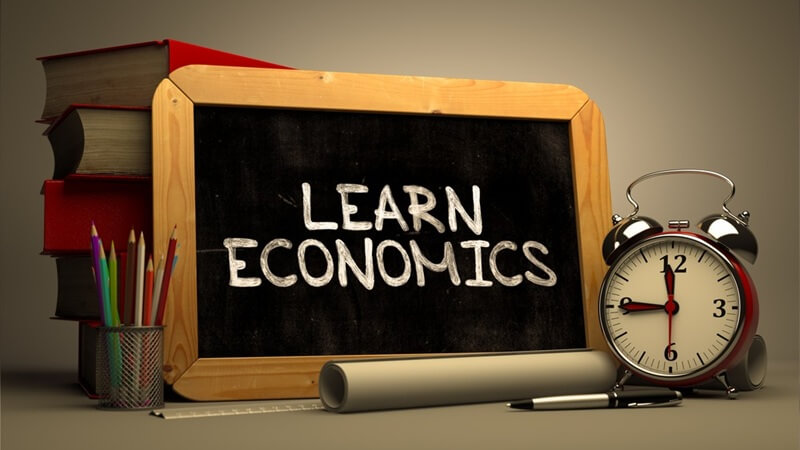
The Definitions of Economics
Economics, as a discipline, has evolved over centuries and stands as a cornerstone of social sciences. Despite its profound significance, economics lacks a universally accepted definition. This ambiguity arises from its dynamic nature, broad scope, and the diverse perspectives of economists. The renowned economist Mrs. Barbara Wootton once remarked, “If six economists sat down together and searched for a definition of economics, seven definitions would emerge.” Similarly, J.M. Keynes observed that “Economics is strangled by countless definitions”. These remarks highlight the challenges in defining this ever-evolving field.
Economists have classified definitions of economics into four primary categories, each reflecting a distinct approach and focus. Let’s delve into these categories to understand the multifaceted nature of economics.
1. Definition of Wealth
The earliest definitions of economics were centered around wealth. Economists like Adam Smith, often referred to as the “Father of Economics,” emphasized the production, accumulation, and distribution of wealth. In his seminal work, The Wealth of Nations, Smith defined economics as an inquiry into the nature and causes of the wealth of nations. This perspective treated economics as a science of wealth, focusing on material prosperity and the factors contributing to it. However, this approach faced criticism for neglecting social welfare and ethical considerations.
2. Definition of Well-being
The well-being perspective shifted the focus of economics from wealth to human welfare. Alfred Marshall, a leading economist of the late 19th century, played a pivotal role in this transition. In his book, Principles of Economics, Marshall defined economics as “a study of mankind in the ordinary business of life.” This definition emphasizes how individuals and societies achieve well-being through the management of scarce resources. The well-being approach considers economics as a tool to enhance quality of life, encompassing both material and non-material aspects.
3. Definition of Scarcity
The scarcity-based definition, introduced by Lionel Robbins in his influential essay, An Essay on the Nature and Significance of Economic Science, revolutionized economic thought. Robbins defined economics as “the science which studies human behavior as a relationship between ends and scarce means which have alternative uses.” This approach highlights the problem of choice and resource allocation in the face of limited availability. It underscores the universality of economic principles, extending beyond wealth and well-being to include any situation involving scarcity and decision-making.
4. Definition of Development
The development-oriented definitions of economics focus on growth, progress, and the improvement of living standards. This perspective is particularly relevant in the context of emerging economies and global challenges such as poverty, inequality, and sustainability. Economists in this category view economics as a study of how societies transform and achieve progress over time. It integrates elements of wealth, well-being, and scarcity while emphasizing long-term goals and strategies for development.
Conclusion
Economics, with its rich history and diverse perspectives, defies a singular definition. The wealth, well-being, scarcity, and development approaches each provide unique insights into the field. Together, they illustrate the complexity and breadth of economics as a discipline. As the world evolves, so too will the interpretations and applications of economics, ensuring its continued relevance in addressing the challenges and opportunities of humanity.
